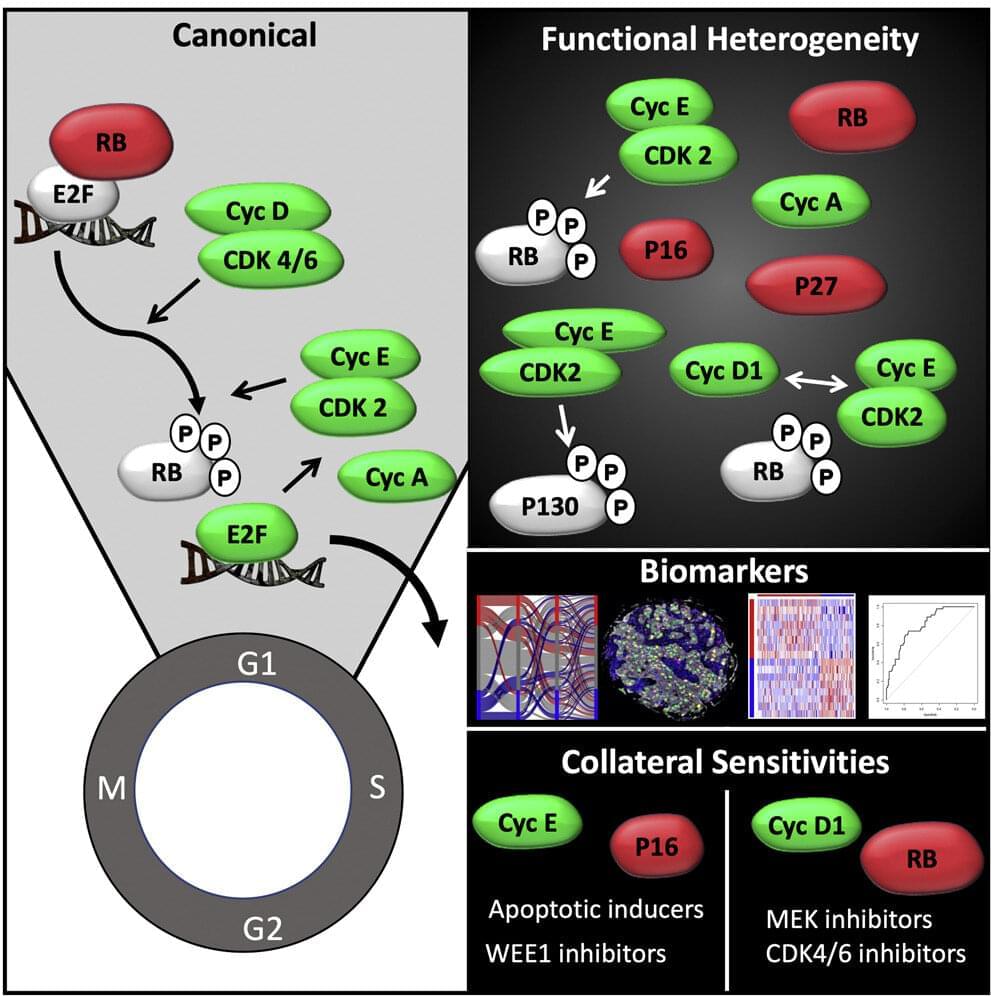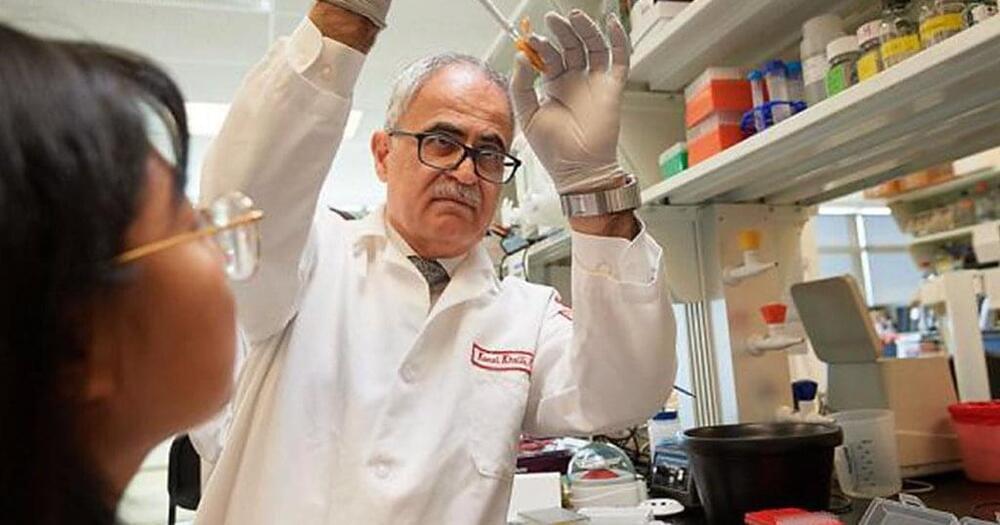By the time our planet was four billion years old, the rise of large plants and animals was just beginning. Complexity exploded around that time, as the combination of multicellularity, sexual reproduction, and other genetic advances brought about the Cambrian explosion. Many evolutionary changes occurred over the next 500 million years, with extinction events and selection pressures paving the way for new forms of life to arise and develop.
65 million years ago, a catastrophic asteroid strike wiped out not only the dinosaurs, but practically every animal weighing over 25 kg (excepting leatherback sea turtles and some crocodiles). This was Earth’s most recent great mass extinction, and it left a large number of niches unfilled in its wake. Mammals rose to prominence in the aftermath, with the first humans arising less than 1 million years ago. Here’s our story.










